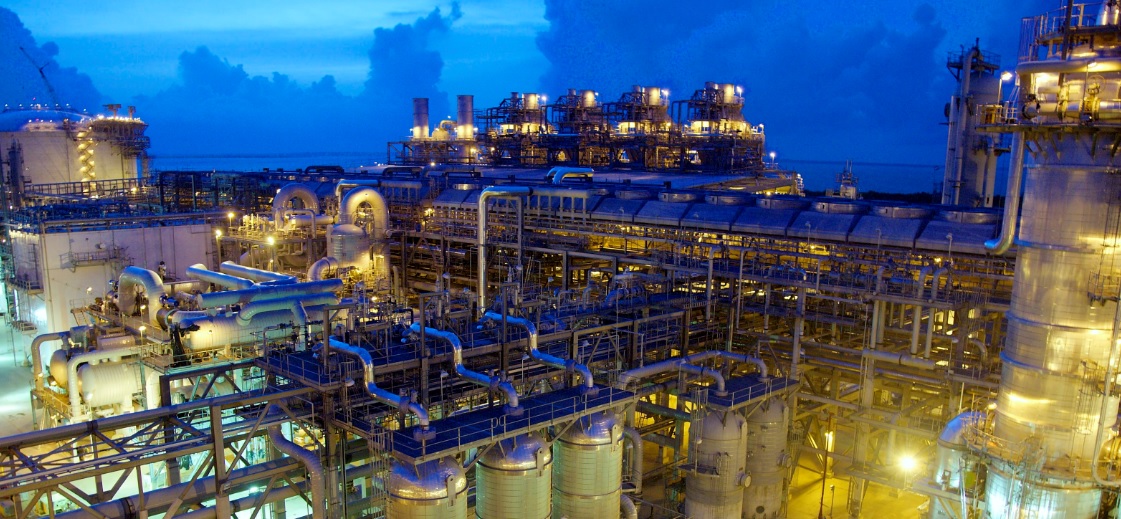27 Dec 2018

As nations consider the agreement around the ‘rule book’ for global emissions reductions reached at COP24 earlier this month and the latest Emissions Projection 2018 report finds a reduced domestic emissions reduction task compared to previous reports, the need for emission reduction policies that reduce emissions at least cost remains vital.
APPEA Chief Executive Dr Malcolm Roberts said: “Among these important policy design issues are the rules for international trade in emissions permits/credits. The finalisation of these rules was deferred at COP24 for further work in 2019 ahead of final agreement at COP25.
“Access to deep, liquid and efficient international markets will be important to achieve least cost emissions abatement for many nations, including Australia. The oil and gas industry looks forward to negotiators arriving at effective outcomes during the year and that rules to underpin international trade are finalised by the end of 2019,” Dr Roberts said.
“In addition, carry-over of emission reductions from the first and second Kyoto commitment periods to Australia’s 2030 emission reduction commitments has reduced Australia’s abatement challenge. Such an approach has been used by all Australian Governments since 2008 and was reaffirmed at COP24.
“More broadly, these developments and a range of reports released towards the end of 2018 have highlighted the importance of Australia’s oil and gas sector in meeting the challenge of reducing global emissions.
“Australia’s LNG projects will deliver decades of economic growth, jobs and exports, as well as strong regional and global environmental benefits.
“While the projections show the production of Liquefied Natural Gas (LNG) for export also results in greenhouse gas emissions, a conservative estimate released by the government earlier in December found Australia’s LNG exports have the potential to save importing countries 130 million tonnes of carbon emissions per year.
“When used instead of other traditional fuels, LNG cuts emissions by half in many cases. LNG also helps developing countries to reduce air pollution, a major cause of millions of premature deaths.”
This is a key reason Australia’s second largest LNG market, China, has a range of policies to increase its use of gas. Natural gas consumption in China, including from Australian LNG imports, has risen sharply as a result of strengthened action against air pollution. Together, the various policies could see natural gas consumption increase by 112 billion cubic metres (bcm) over 2016-2020[1].
112 bcm represents more than Australia’s expected LNG to exports to China in 2020 and highlights the way in which Australia’s LNG is reducing global greenhouse gas emissions and helping developing countries to reduce air pollution.
[1] See the Oxford Institute for Energy Studies (2018), The Outlook for Natural Gas and LNG in China in the War against Air Pollution (available at www.oxfordenergy.org/publications/outlook-natural-gas-lng-china-war-air-pollution) for more information.
Media Contact

